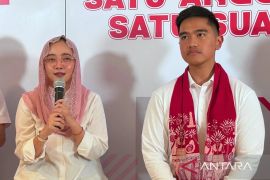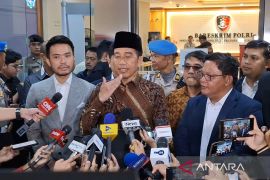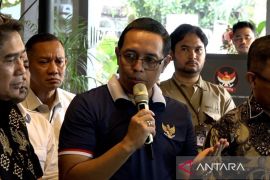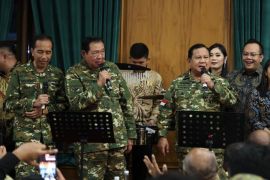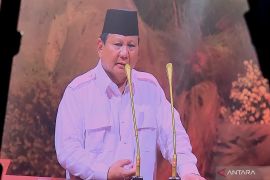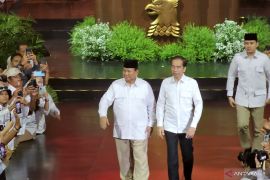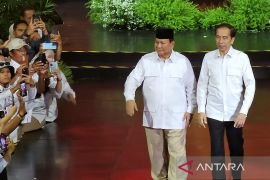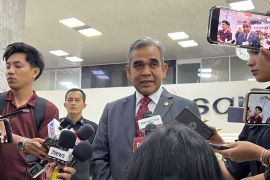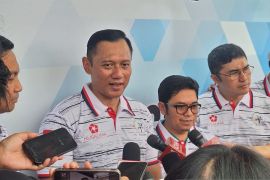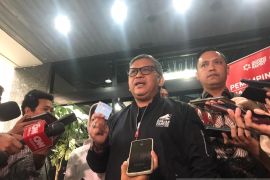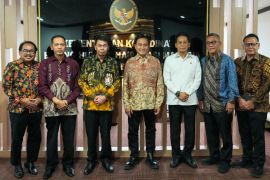Jokowi has designated the transportation minister to function as the focal point to follow up on the seaport projects cooperation plan.
The two leaders also discussed other crucial issues including the efforts to intensify economic cooperation between Indonesia and Japan.
"We highly laud the presence and contribution of Indonesia as the largest nation in the ASEAN during the G-7 Outreach Summit," Abe stated at the meeting held on the sidelines of the summit.
Abe expressed hope that the automotive tariff issue will be addressed soon.
The automotive tariff issue could be dealt along with the issue of market access for fishery, agricultural, and horticultural products (R and Q category) as one package, President Jokowi affirmed.
The leaders also touched on cooperation for the development of an electricity project in Batang and a plan to construct a trans-northern Java railway line.
The meeting between Jokowi and Abe was the fourth of its kind to be held in less than two years, thereby reflecting the two nations commitment to boosting bilateral ties.
The trade balance between Indonesia and Japan in 2015 reached US$31.27 billion, constituting exports valued at $18.01 billion and imports at $13.26 billion.
Japan is ranked third among the list of major countries investing in Indonesia, with total investment worth $2.87 billion spread across 2,030 projects.
Indonesia had received 486,687 Japanese tourists in 2014.
During the bilateral meeting with Prime Minister Abe, Jokowi was accompanied by Foreign Affairs Minister Retno L.P. Marsudi, Minister/State Secretary Pratikno, National Development Planning Minister Sofyan Djalil, Chairman of the Board of Commissioners of the Financial Services Authority (OJK) Muliaman Hadad,and Indonesian Ambassador to Japan Yusron Ihza Mahendra.(*)
Editor: Heru Purwanto
Copyright © ANTARA 2016
